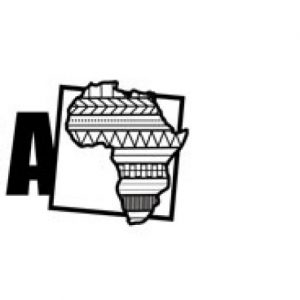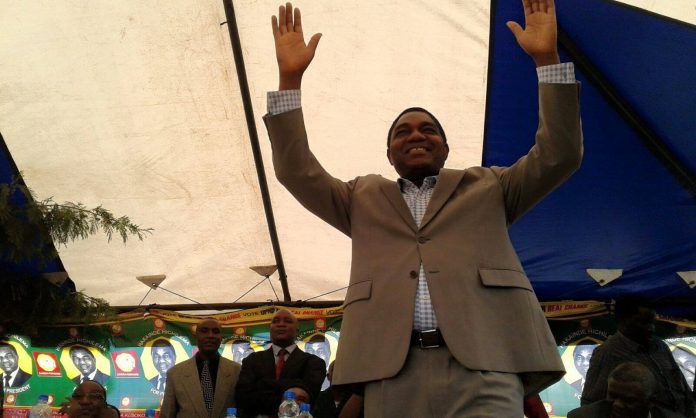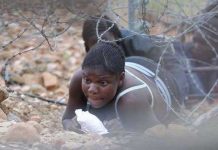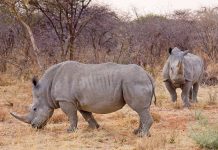In a high stakes gamble the Zambian opposition leader, Hakainde Hichilema, has been arrested in what the international community has described as a disturbing development in a country that has proudly unshackled itself from the yoke of a one-party state.
The Zambian opposition United Party for National Development party has called for the immediate release of its leader, who is due to appear in court on treason charges. Treason is a non-bailable offence in Zambia, with a minimum jail term of 15 years and a maximum sentence of the death penalty.
The treason charges relate to Hichilema’s convoy allegedly refusing to give way to President Lungu’s motorcade on a main road in the west of the country at the weekend. This is all seen as a smokescreen to shrink the democratic space in Zambia and it is bound to exacerbate the divisions and tensions among Zambians.
Hichilema, known as “HH”, has been denied access to lawyers, reminiscent of earlier treatment that opposition leaders were subjected to in the early days of Uhuru.
Police accuse Hichilema of putting the president’s life in danger and “unreasonable, reckless and criminal” conduct in not pulling off a narrow road to make way for him.
Hichilema has launched several legal attempts to challenge the result of the August election, which he lost narrowly. Observers are suggesting that the latest brutal crackdown on the opposition leader, is an ongoing effort to prevent HH from overturning the election results, ar at least unmask potentially massive irregularities in that process.
Hichilema, a wealthy self-made businessman, has run unsuccessfully for president five times and his opponents are adamant that he is using his wealth to deligitimize the current President and in the process inflicting harm on the international credibility of Zambia as a peaceful democracy.
Meanwhile Zambian President Edgar Lungu will not intervene in the treason case against opposition leader Hakainde Hichilema, he told a public rally late.
“Some people are saying President Lungu has the power to intervene in the criminal justice here in Zambia. I am a lawyer myself and understand my job. Yes, I have the power to pardon convicts and not suspects,” Lungu said at a public rally broadcast on state television late on Friday.
“How many of my own cadres are before the courts of law today? How many have been convicted? Have you ever heard that President Lungu picked up a phone to call any police officer to drop an investigation or prosecution? – so what is so special about the current one?”
There is speculation that the countries in the region are assembling a high-level team to discuss the situation with the Zambian ruling party and other prominent figures in opposition and in business, as it is not in the interests of Southern African countries to have political instability in the region, as it will further depress economic growth prospects. Too much is at stake to let the situation deteriorate further in this African country that has been so highly rated by the international community for its transition from quasi-dictatorship to a fully-fledged multi-party democracy.













